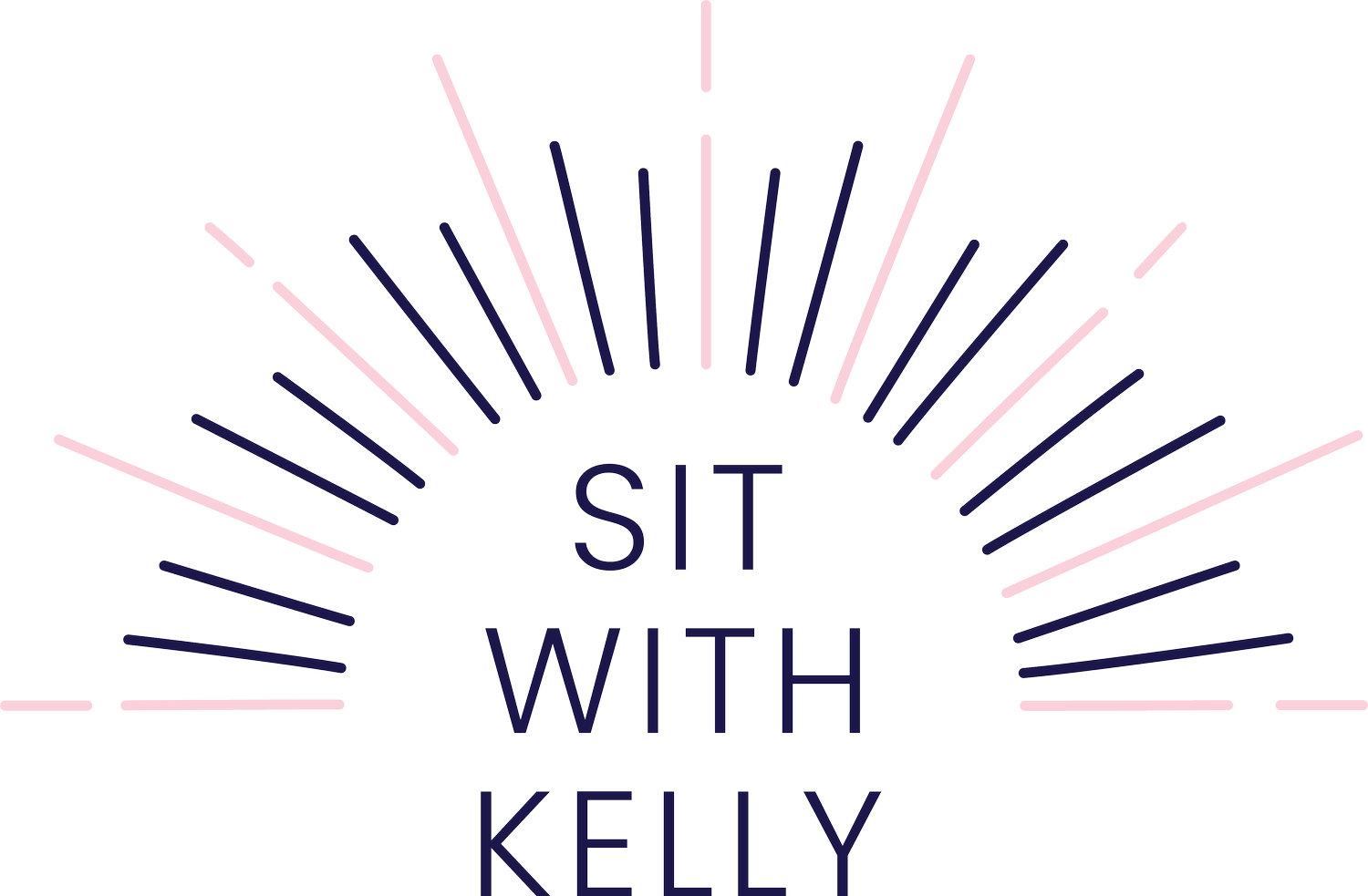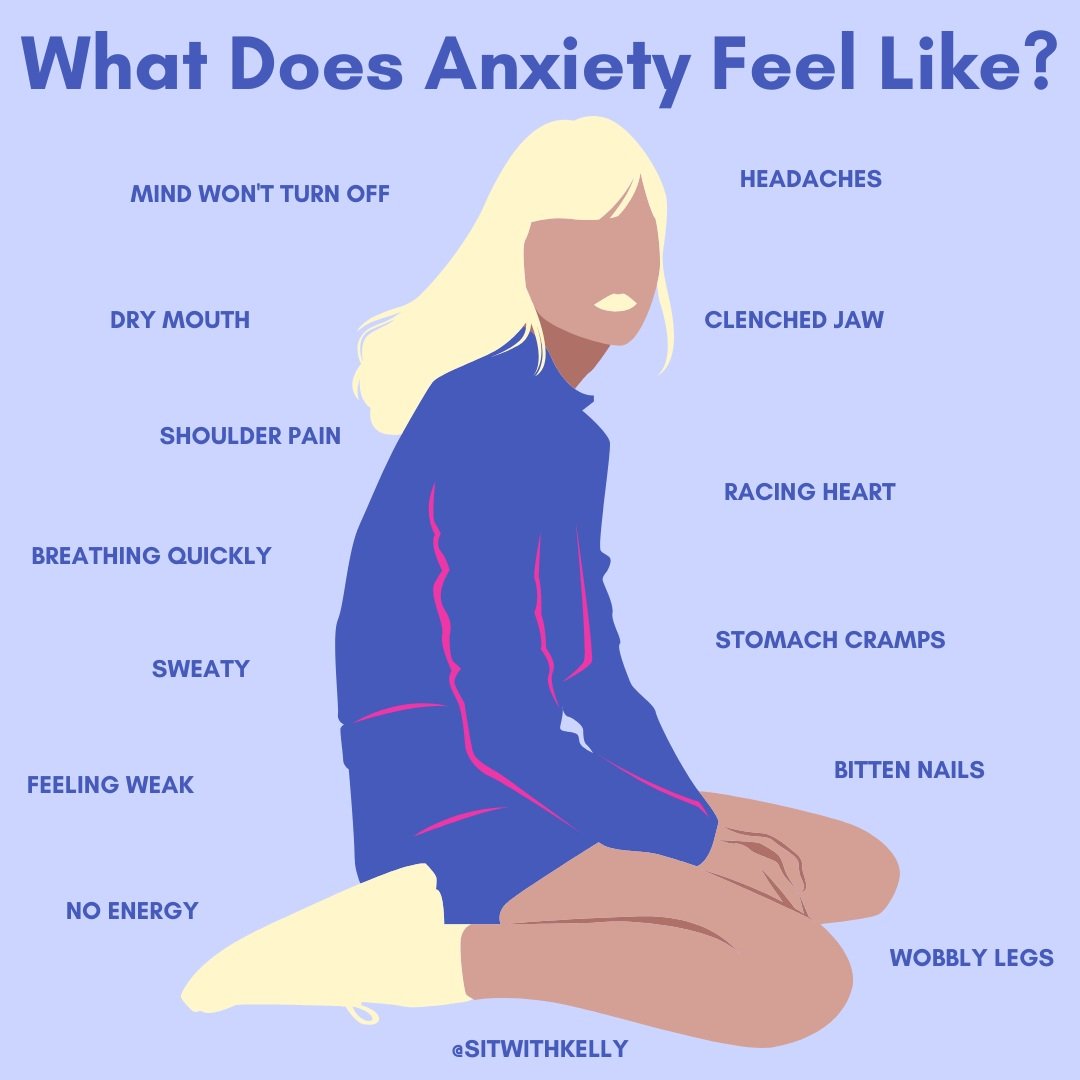Workplace Anxiety
We all know that feeling. That dread washes over you on Sunday nights when you realize you will have to drag yourself out of bed soon and go back to work. The thought of another day at your job is enough to make you feel sick. For some people, this feeling is so constant that it interferes with their ability to do their job.
Workplace anxiety is not the same as the "Sunday Scaries." It's more than just feeling a little nervous about going back to work after the weekend. Workplace anxiety is a condition that can cause physical, mental, and emotional effects.
Since most of us spend most of our lives working, it's important to be aware of how it affects you and how workplace anxiety pokes its nose into other areas of your life.
What are the signs of workplace anxiety?
You're at your desk, but you can't focus. You keep zoning out, and when you try to work, your mind is blank. You've been having trouble sleeping, and you snap at coworkers, even if you hate that you do. You just don't feel like yourself since starting this job.
If any of this or the following signs sound familiar, you may be struggling with workplace anxiety.
Before work:
You often show up late because of your anxious or stressful thoughts or lack of sleep from them.
You experience panic or anxiety attacks or feelings of dread when getting ready or on your way to work.
While at work:
You feel anxious about checking your email or other work messages.
You feel on-edge and nervous while you work.
You overreact to situations that happen at work.
You focus mainly on the negative aspects of your job.
You struggle to concentrate on tasks and complete them by their deadline.
You regularly "zone out," experience brain fog, or make careless mistakes.
You freeze up, or your mind blanks when presenting or talking to a group (i.e., performance anxiety).
You are afraid or intolerant of receiving feedback.
You often procrastinate and do not start working until the last minute.
You often feel irritable, moody, or short-tempered.
You fantasize about leaving your job (though you might do this any time).
Outside of work:
You call out of work sick often and take an unusual amount of time off work.
You constantly think and worry about work, even outside of work hours.
You feel exhausted and depleted after work is over.
You avoid certain situations, spaces, or people at work because of your anxiety and panic attack fears.
You do not participate in work events.
You feel good and more like yourself at night but worse in the morning.
The Physical Symptoms:
It is also possible to experience physical symptoms when dealing with workplace anxiety. While workplace anxiety is not a diagnosable disorder, many of these symptoms are the same as those you see with generalized anxiety and other anxiety disorders.
When workplace anxiety manifests into physical symptoms, you might:
Feel restless or achy
Tremble or sweat
Feel tired or depleted
Experience migraines
Have an upset stomach
Feel sick more than usual
Experience breathlessness, high blood pressure, or a fast heart rate
Feel dizzy or disoriented
Trouble speaking or like there is a lump in your throat
Getting help for workplace anxiety
Since the workplace can be an environment that can breed stress and pressure, it's not surprising that anxiety about work is so common. And everyone can experience workplace anxiety differently; just as many possible causes contribute to one's workplace discomfort and unhappiness.
Boundaries at Work
Most people don't set boundaries at work. But boundaries are really important when trying to decrease workplace anxiety.
Here are some boundaries you should consider setting:
Not gossiping or venting at work
Not working on the weekends
Not responding to emails after a certain time
Using your PTO when you're sick, need a mental health day, or want a vacation
Closing your office door, putting on an away message, or wearing your headphones when you need to focus
Telling others when you're at capacity and turning down additional projects
Delegating and asking for help
Asking your supervisor for help prioritizing tasks when you have too much to get done
I'm doing a whole series on boundaries over on my Instagram this week, so check it out if this resonates with you!
Therapy
So if you're not sure where to start, consider talking to a therapist about your workplace anxiety. They can help you explore and understand the root causes of your workplace anxiety and help you develop healthy coping mechanisms.
If you're struggling with any of these signs of workplace anxiety, know that you're not alone, and help is available. Therapy can help you manage your workplace anxiety and get back to enjoying your job (or even build the confidence to search for a new one if that's what you decide you need).
Remember: this post is for informational purposes only and may not be the best fit for you and your personal situation. It shall not be construed as legal, financial, or medical advice. The information and education provided here is not intended or implied to supplement or replace professional advice of your own attorney, accountant, physician, or financial advisor. Always check with your own physician, attorney, financial advisor, accountant, or other business or medical professional before trying or implementing any information read here.


